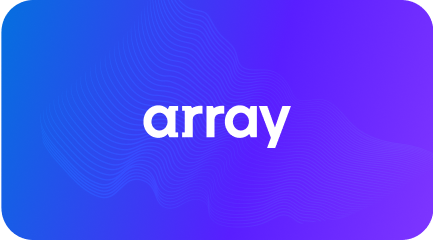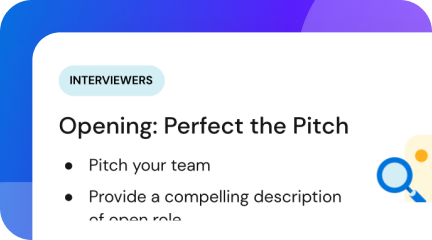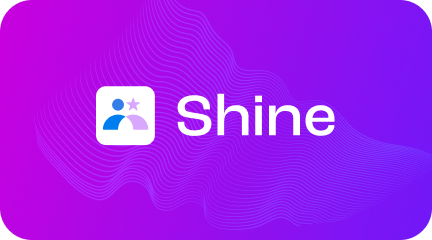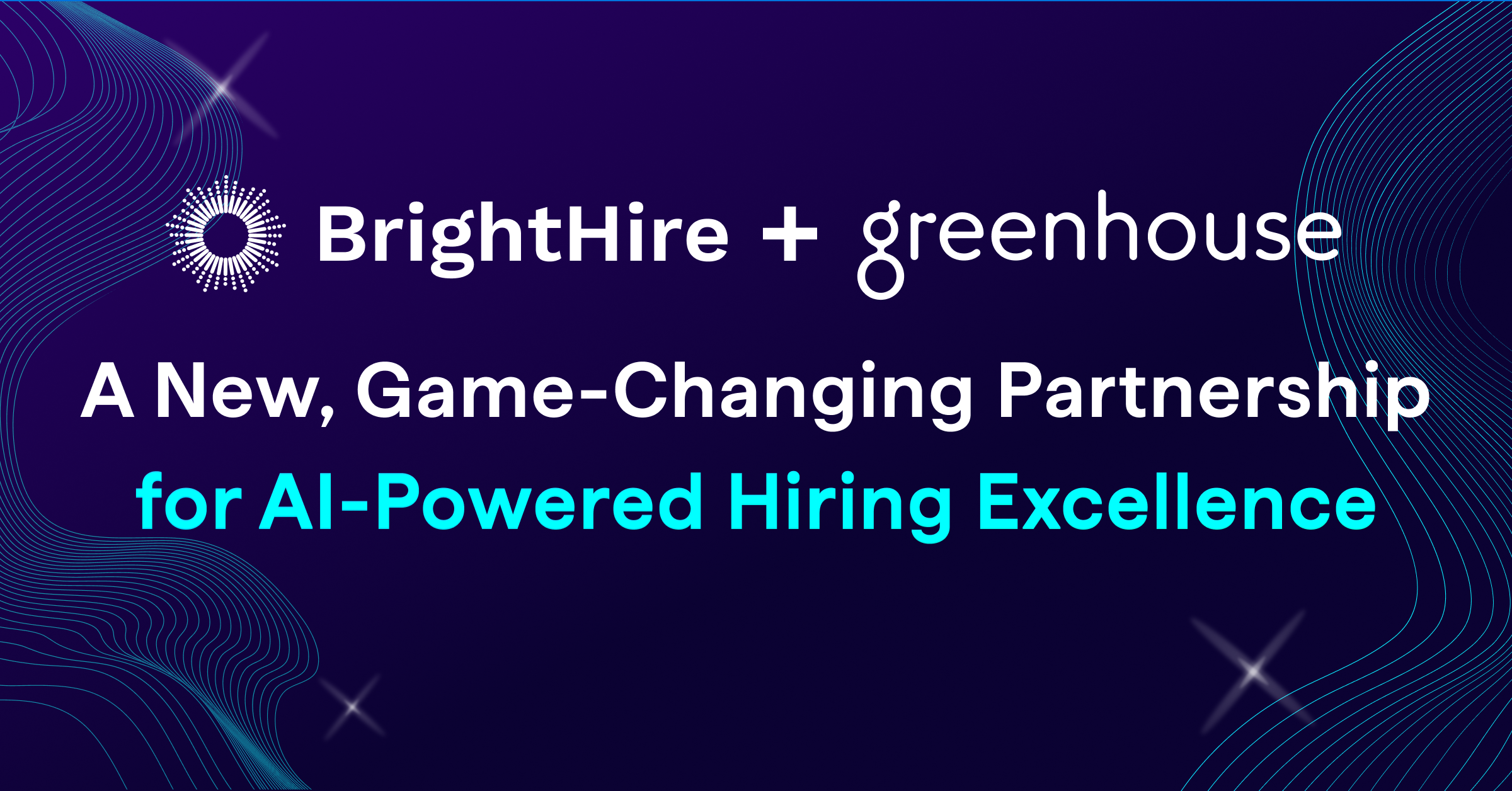Today’s competitive talent market requires companies to move faster than ever. Great candidates are getting multiple job offers, and companies that can’t move quickly are left in the lurch. Research shows that 23% of candidates lose interest in a job if they don’t hear back from employers within a week, and top candidates are off the market in as little as 10 days. At the same time, companies are losing employees every day to the “great resignation.” In short, there’s immense pressure on recruiters and hiring managers to make that next great hire fast.
Four quick changes to your interview process can speed things up and help push great candidates through the funnel. With cooperation from leadership, hiring managers, and recruiters, a few small changes can speed up your hiring process and help you win the best candidates.
1. Eliminate unnecessary interview steps
In 2017, Google performed a study of five years of interviewing and determined that four interviews was enough to make a reliable hiring decision. Yet, many companies include more than four in their hiring process.
Examine your established process across roles and levels to determine how many interviews are needed for each position. In cases where you’re seeing the number of interviewers rise, consider recording interviews and using asynchronous review to help remove unnecessary steps.
With asynchronous review, you can still get valuable input from key stakeholders without having them slow down the hiring process with extra interviews and scheduling bottlenecks. An added benefit? This method frees up valuable time since reviewers don’t need to watch the entire interview, and they can even watch at 2x speed. It’s a win-win.
2. Shorten the process with structured interviewing
Structured interviews—which present all candidates with standardized questions designed to evaluate their suitability for specific jobs—produce the most reliable results when it comes to your hiring. Consistent and structured interviews eliminate bias and are 81% more accurate than unstructured discussions.
They can also take less time and speed up decision-making. An hour and a half interview where the interviewer is just “winging it” can be shortened to an hour when the interviewer knows which questions to ask and understands the exact skills and qualities they’re screening for. When you ask candidates the same questions at each stage, you can easily compare their answers and make more informed decisions.
3. Calibrate early and often
Without good calibration, hiring managers and recruiters can’t get on the same page about what makes a candidate great. Increased back-and-forth and wasted time with candidates who aren’t the right fit lengthens the hiring process and creates tension between recruiting teams and hiring managers.
Many hiring managers start the interview process without establishing a baseline for the skills that will make someone good at a job, and a framework for making their decision. Without this framework and a good intake process for new roles, it can be challenging to evaluate candidates. Then, a manager determines that they are looking for a different set of skills after already interviewing candidates, creating frustration for recruiters and interviewing teams. This “restart” brings the process to a halt.
Calibrating early and often on the criteria for a great candidate makes it simple to quickly identify who is a fit for the role and who isn’t. Hiring managers can also push their candidates through the funnel faster because they know what to look for from the beginning.
4. Know what it will take to close
Moving quickly through the interview process is essential, but if you don’t know what it will take to close a candidate, you risk losing them. Few experiences are more frustrating than making it through an interview process and selecting a candidate, only to discover that you’re nowhere close to their target salary and you haven’t collected key information about what they’re looking for in their next role.
To close great candidates, you have to sell them on the opportunity. On top of being aligned on table stakes like salary and benefits, it’s helpful to know what’s important to them and knowledgeably speak to how they’ll find it at your company. If you take great notes and align with the hiring manager throughout the process, it’s much more likely that you’ll have the details you need make a compelling offer and close them.
From there, it should only take three days to get an answer from the candidate.
Get started today
Moving fast likely requires changes to your interview process. Our four recommendations:
- Eliminate unnecessary steps
- Increased structure
- Calibrate early and often
- Know what it takes to close a candidate.
While simple, each of these things relies upon clear communication and collaboration across your team. The better your team communicates, the faster you can close candidates.









